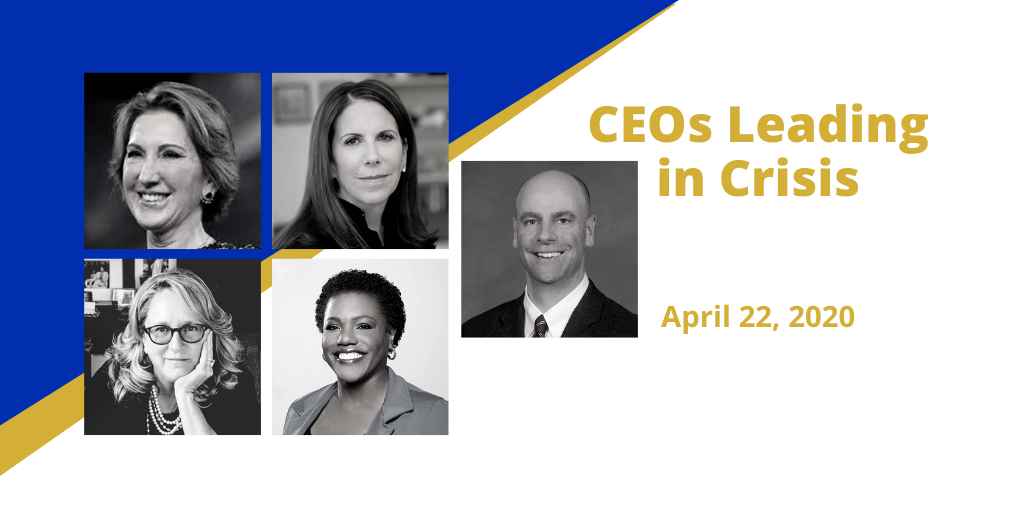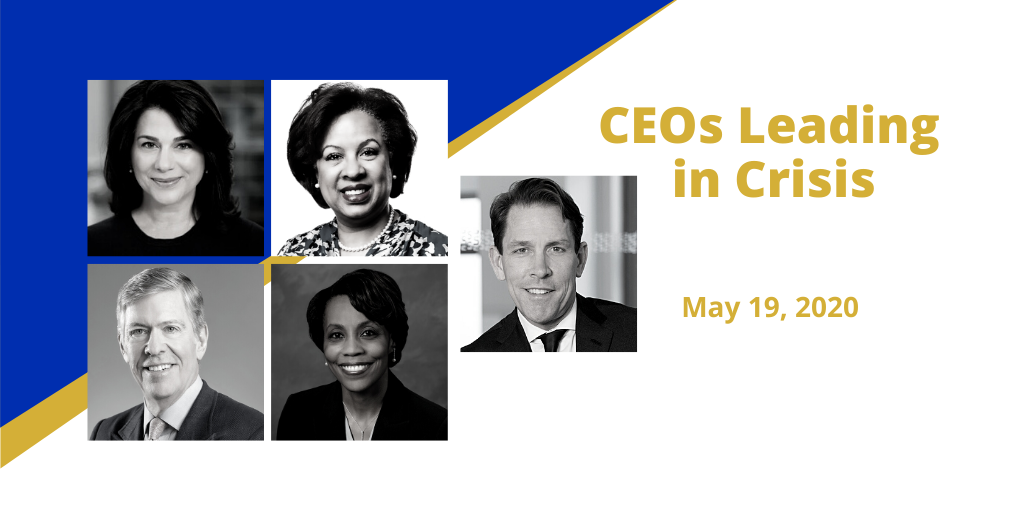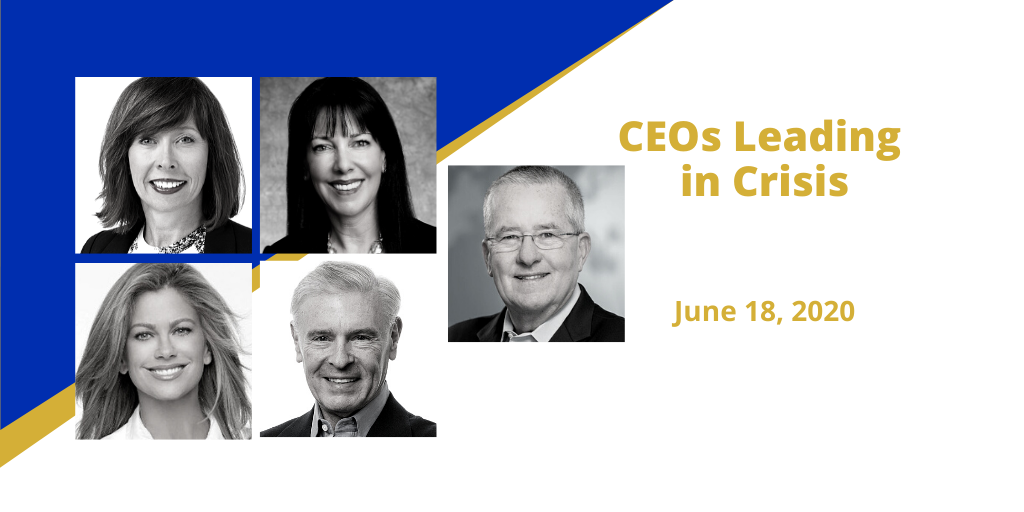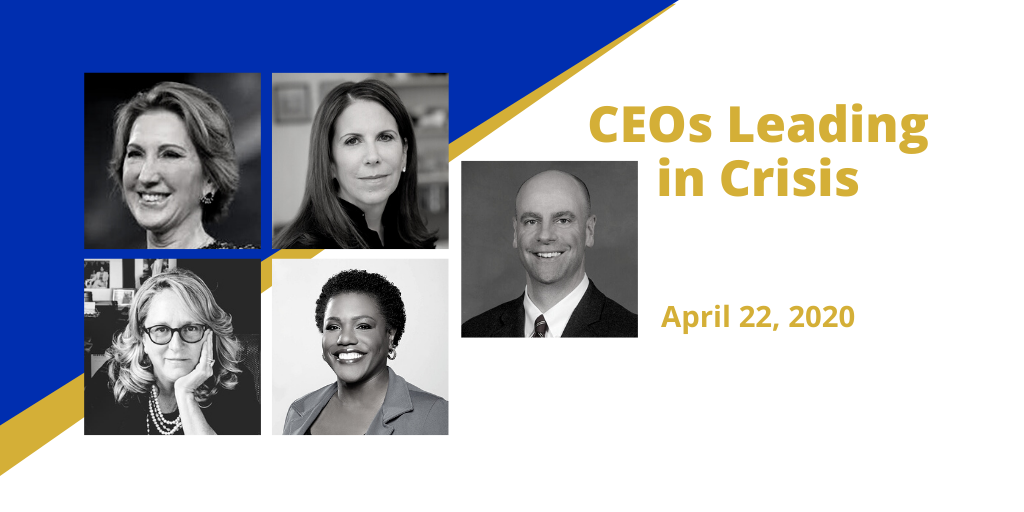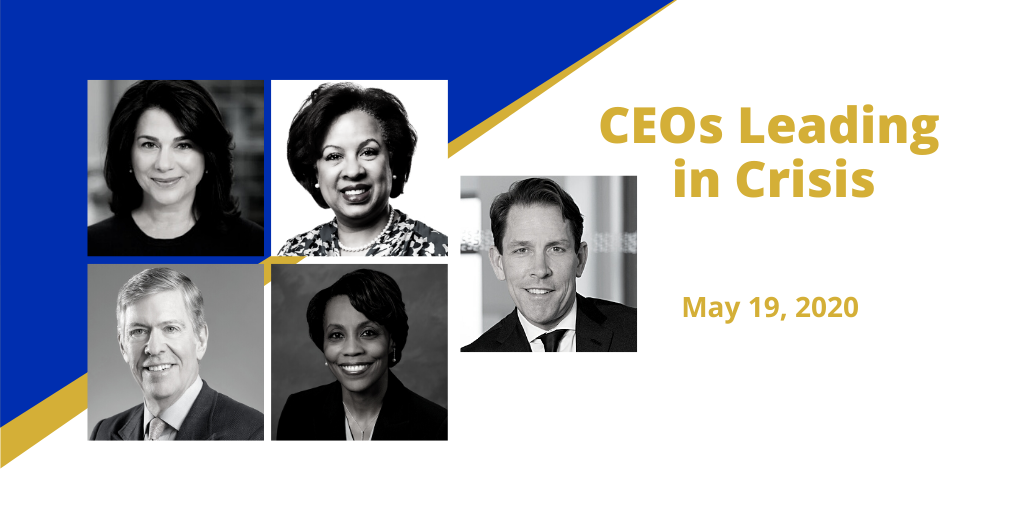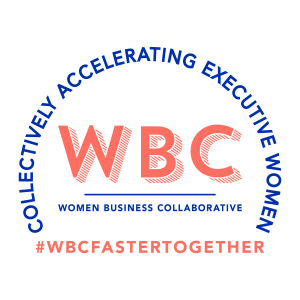
On February 16, 2022, Women Business Collaborative held a CEO Roundtable to discuss gender parity and ESG. The CEOs below shared:
– Aileen Alexander, CEO, Diversified Search Group (The model that reinvented the search industry by focusing on women and diversity)
– Dan Hesse, Former CEO, Sprint (Through pioneering ESG and related strategies, went from close to bankruptcy when he started as CEO to being the #1 performance stock on the S&P 500 Dan’s last two years as CEO)
– Maria Colacurcio, CEO, Syndio Solutions (Their platform identifies pay gaps in seconds and continually measures employee opportunity and representation).
Robert Reiss: As the search business has a unique vantage point on recognizing trends for the future of executives, what does the new CEO Model look like?
Aileen Alexander: “In this environment, new leadership is required for CEOs. Clients are looking for innovative and transformational leaders who bring a range of experience, as well as large and diverse networks. There is also an increased need for leaders with empathy, compassion, and vulnerability, who are dedicated to building cultures that are inclusive and sustainable.”
Reiss: What’s your take on men and women returning to the workplace?
Dan Hesse: “Men are returning to the workforce at a much faster rate than women are. Boards need to support investments in benefits such as paid parental leave and backup dependent care to help more women return and thrive post-pandemic … Many companies are allowing people to decide whether to come into the office or not, which I support, but I am concerned that with more home responsibilities, women may disproportionately choose this option, and management and boards need to make sure this does not decrease someone’s promotion potential or we may never achieve gender parity in senior management.”
Reiss: What is your vision for gender equity?
Maria Colacurcio: “Our belief is that companies must do more than declare that employees are their most valuable asset. Workplace equity doesn’t exist unless employees can see it, and they can’t see it companies don’t discuss it and analyze it. When we do the work well—using a best-in-class methodology and data to look at pay equity and opportunity gaps—it creates powerful moments for authentic progress and participation. Talk to your employees. Have difficult conversations. Be a part of the solution, together. It’s the only way all of us will be compensated based on who we are and what we contribute to our company’s success — without bias.”
Women Business Collaborative: Aileen Alexander, Maria Colacurcio, Dan Hess
Reiss: How should CEOs view the workplace post-pandemic?
Alexander: “The pandemic has made clear that going forward we’ll have a remote to hybrid working population. This will require leaders who are intentional about fostering inclusivity and a sense of belonging. Leaders must connect the organization’s purpose at an individual level, and model values with intention.”
Reiss: The Sprint turnaround was among the most significant in terms of financial results. How did ESG play into financial performance?
Hesse: “A strong culture based on our people, customers and purpose was the key to our turnaround. We simplified the business with groundbreaking unlimited plans and other initiatives which reduced the cost of customers calling care by $2 billion per year and took Sprint from last to first in customer satisfaction according to JD Power and the ACSI. By reducing carbon, water and paper usage and by recycling phones we lowered costs further. By motivating and inspiring our people, our overall reputation as measured by the Reputation Institute improved more than any large company in the world which helped us attract not only great diverse talent, but taking a leadership stance on ESG issues helped Sprint stand out and differentiate itself vs. much larger competitors and gain millions of new customers.”
Reiss: Talk about why you launched the 501C3 Fair Pay Workplace?
Colacurcio: “Syndio helped launch Fair Pay Workplace to create a trusted and transparent measurement for organizational pay equity. We asked some of the country’s leading data scientists and equity experts to design a rigorous certification process so that everyone knew that accredited companies were industry leaders in pay equity. Today, companies from American Airlines to Databricks are getting certified and using that certification to boost their brand, stand out against their competitors, and hire top tier talent demanding equitable compensation.”




